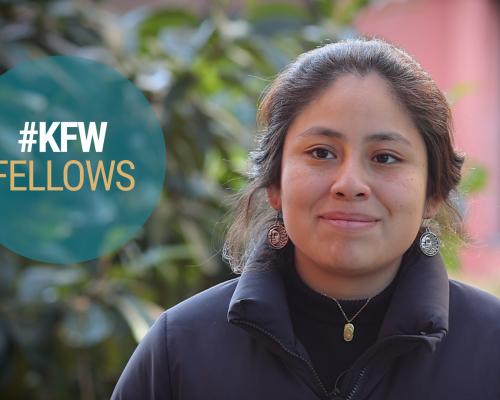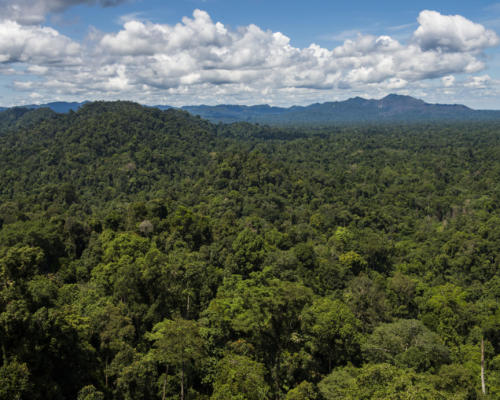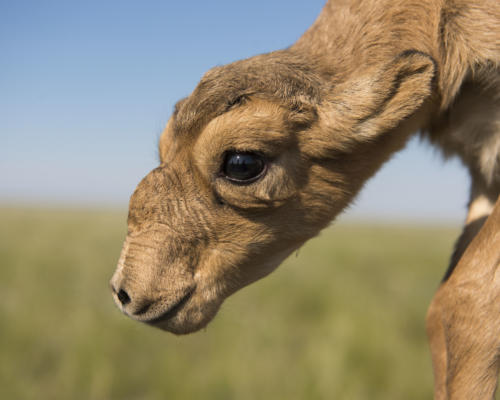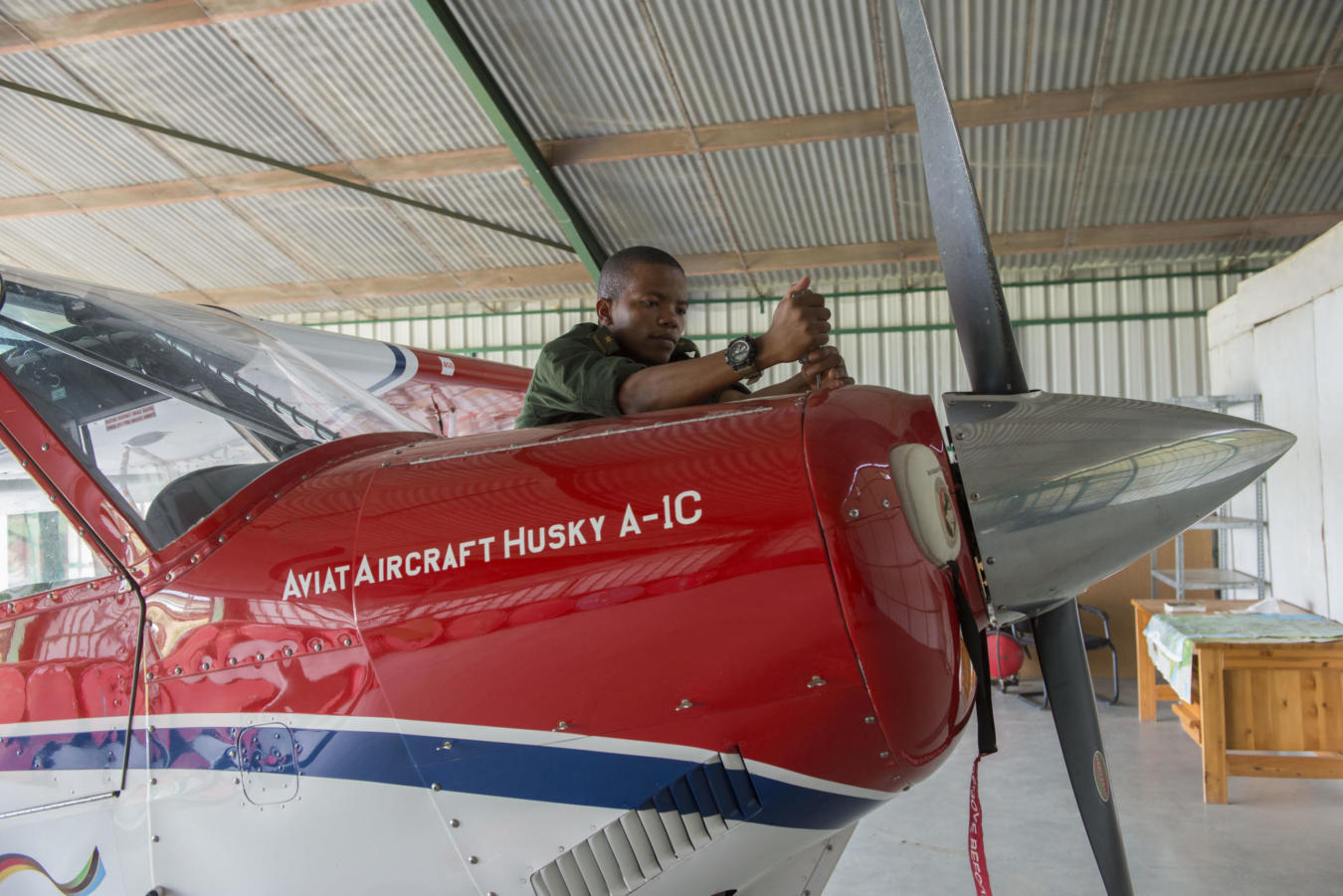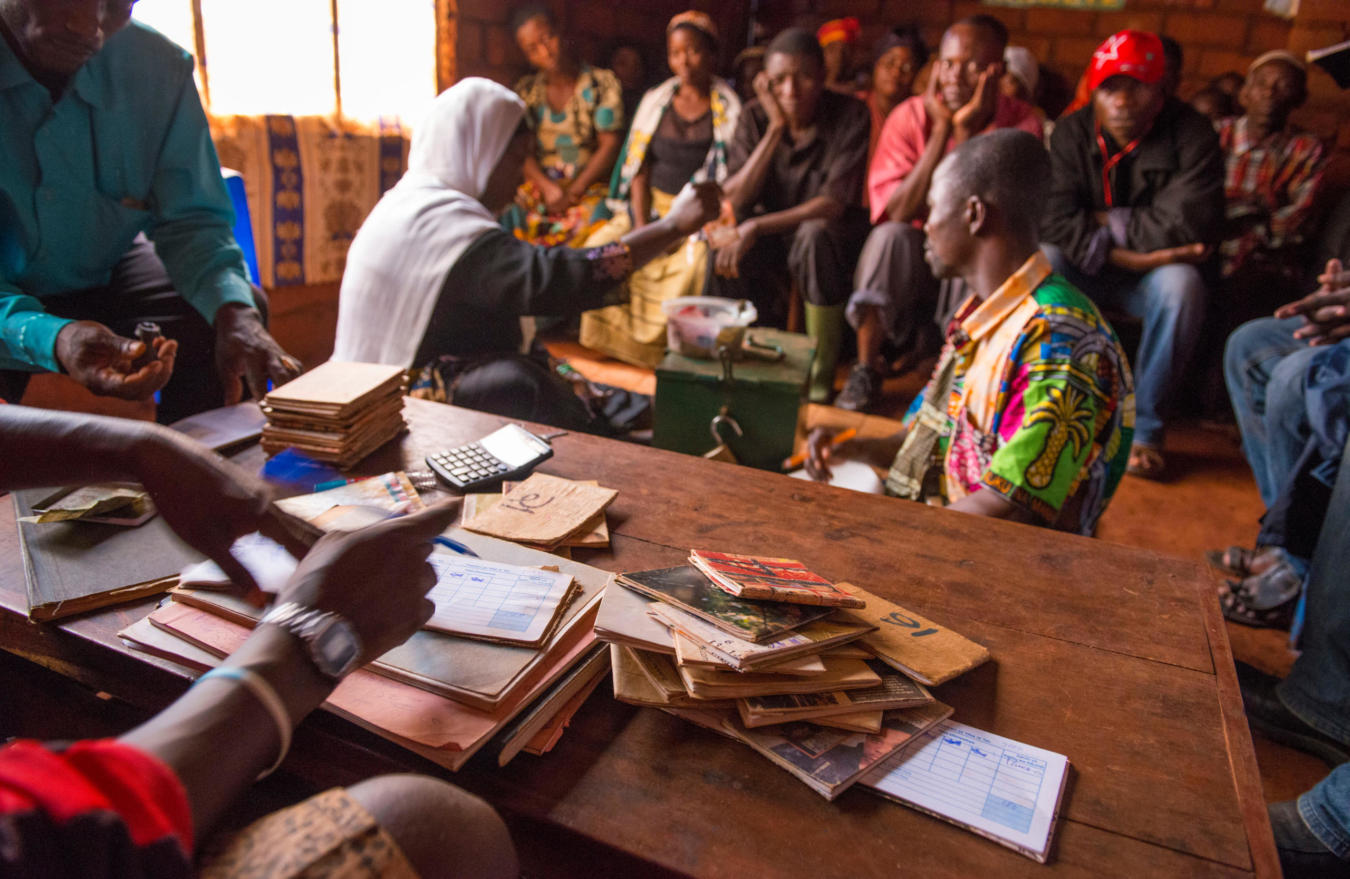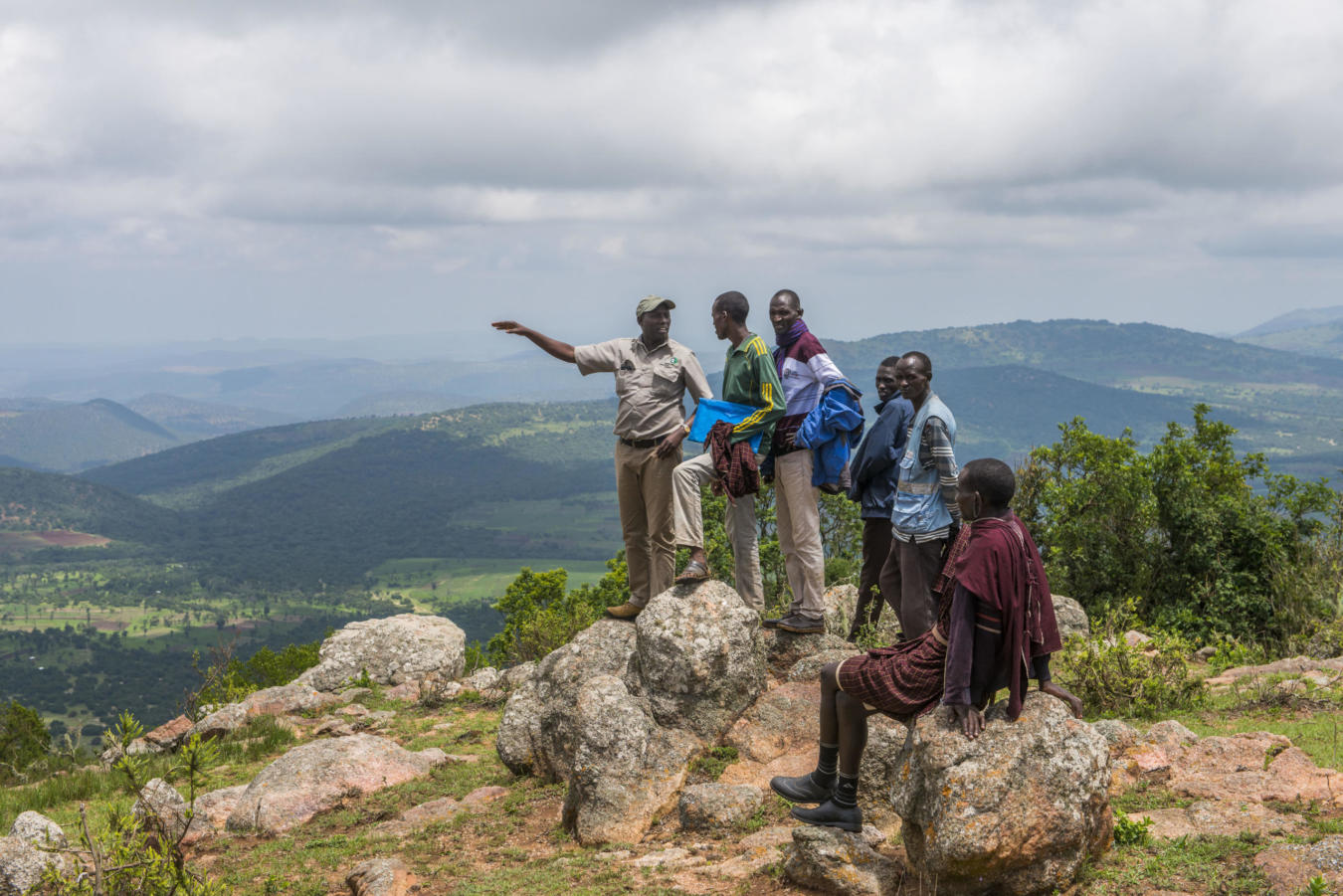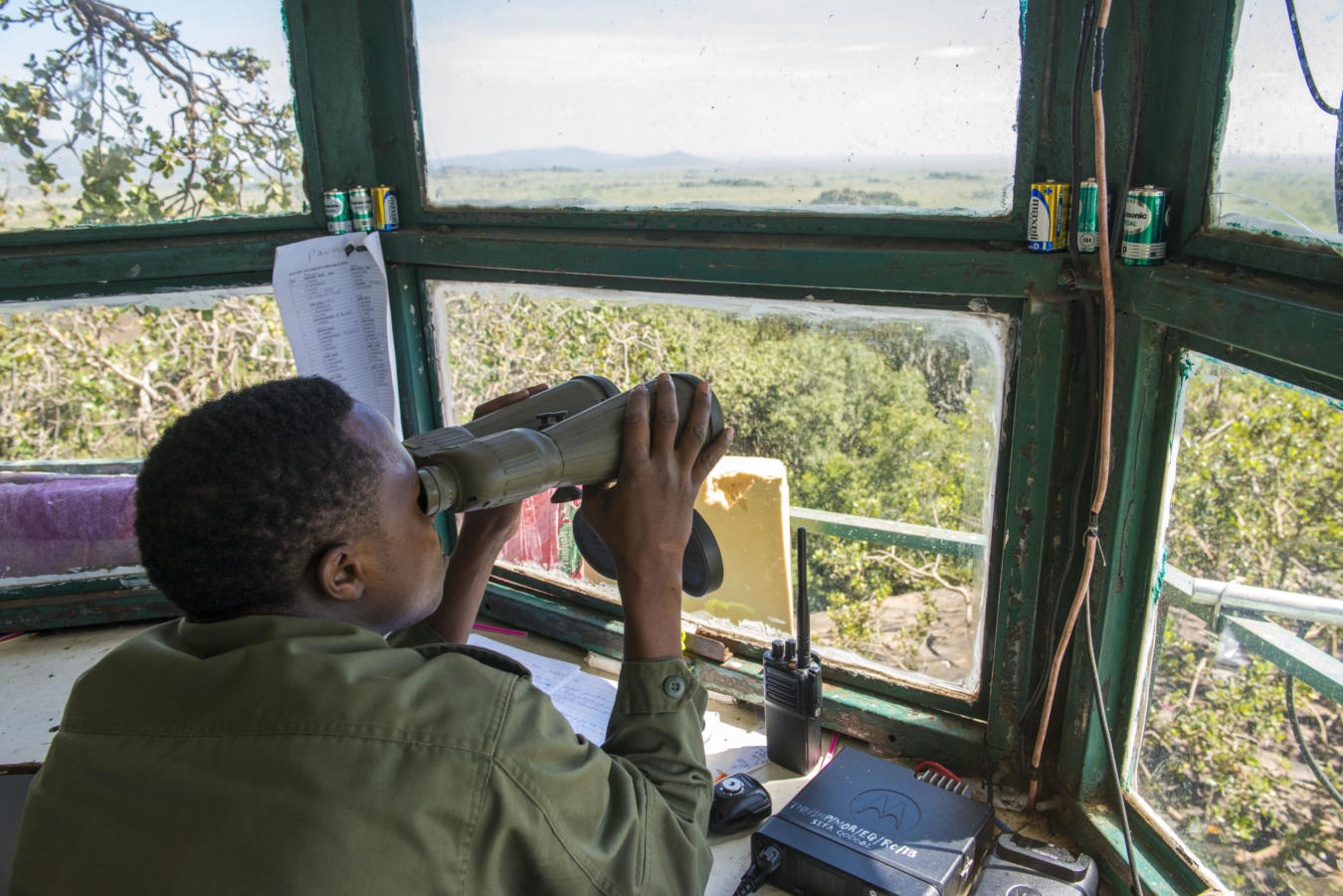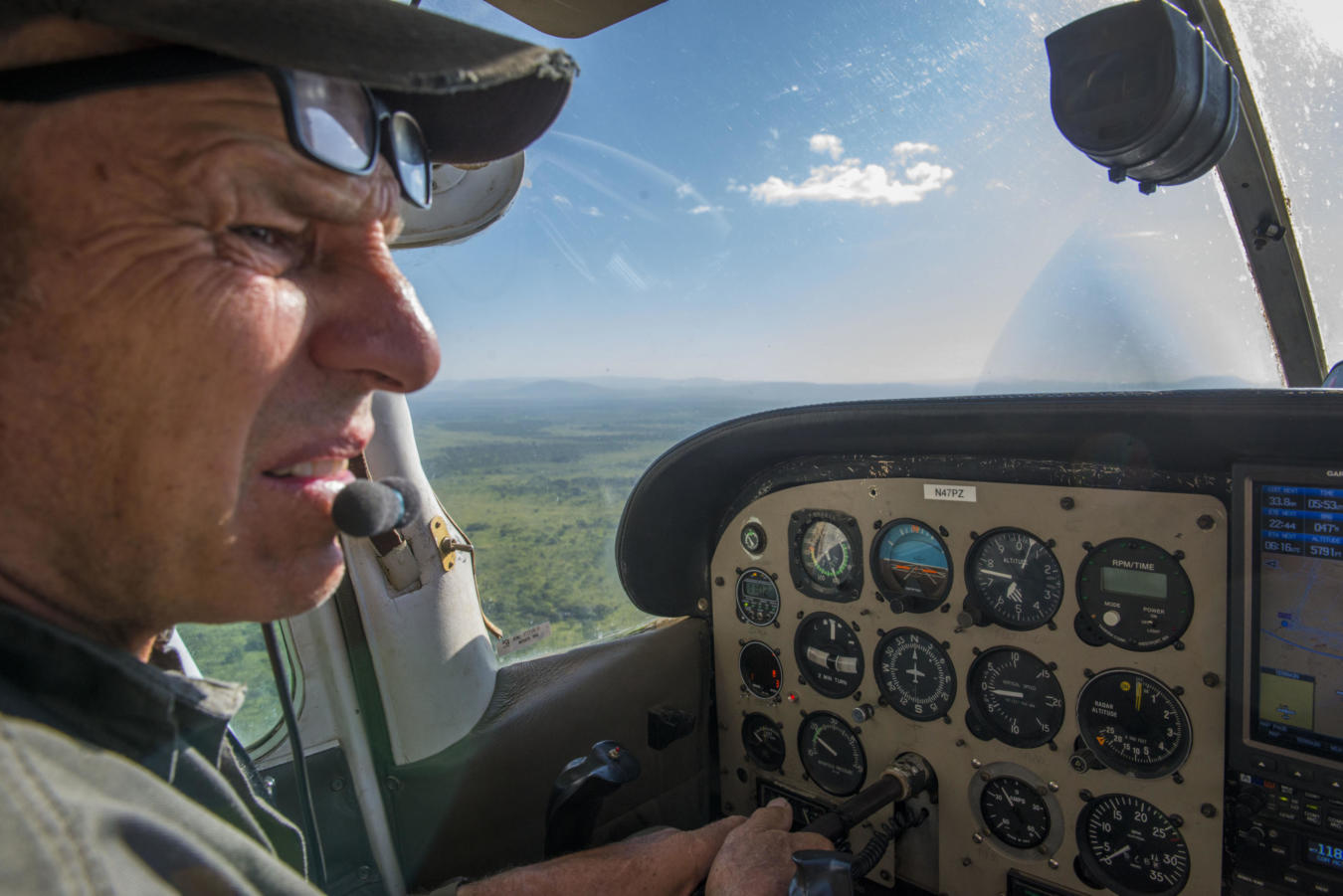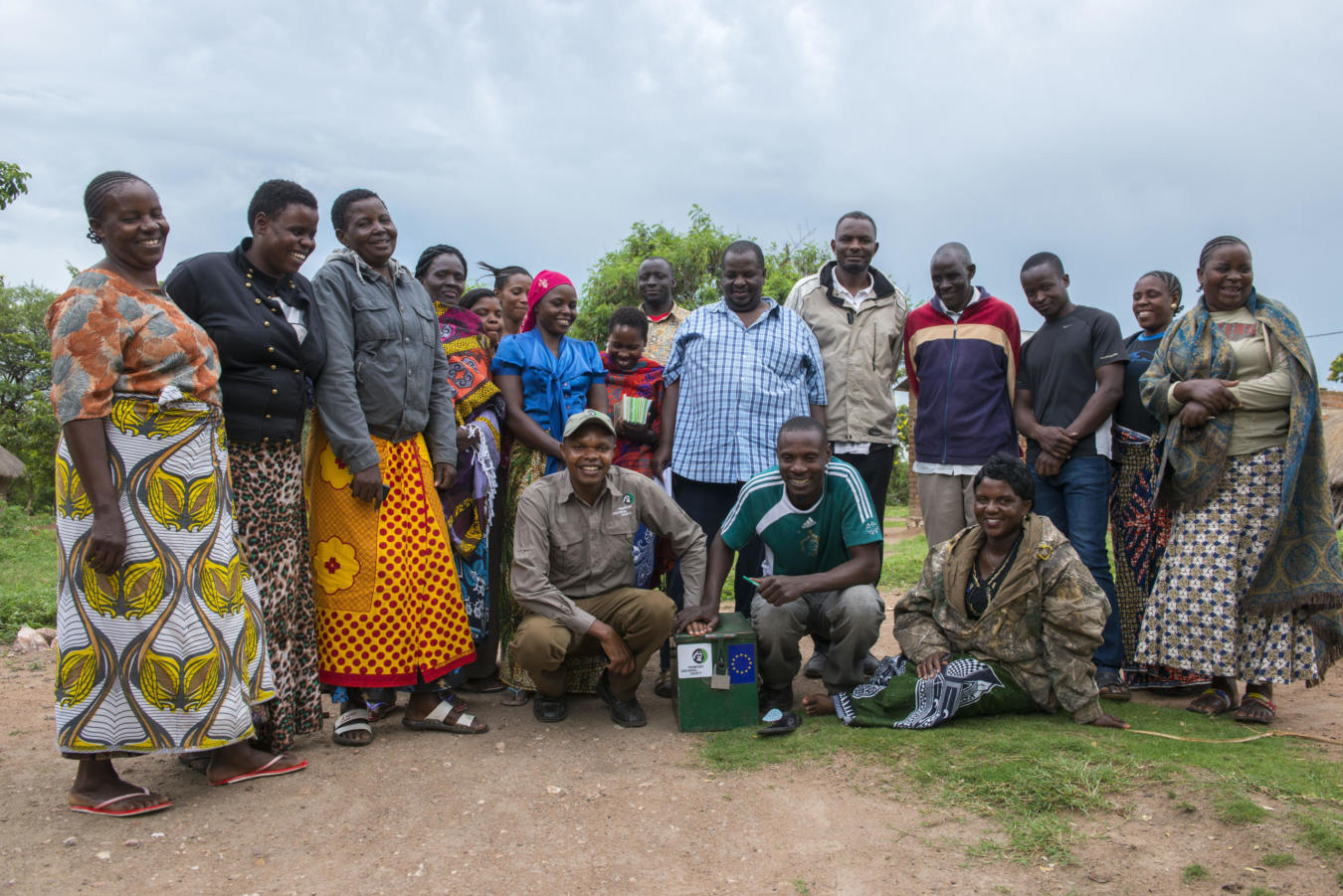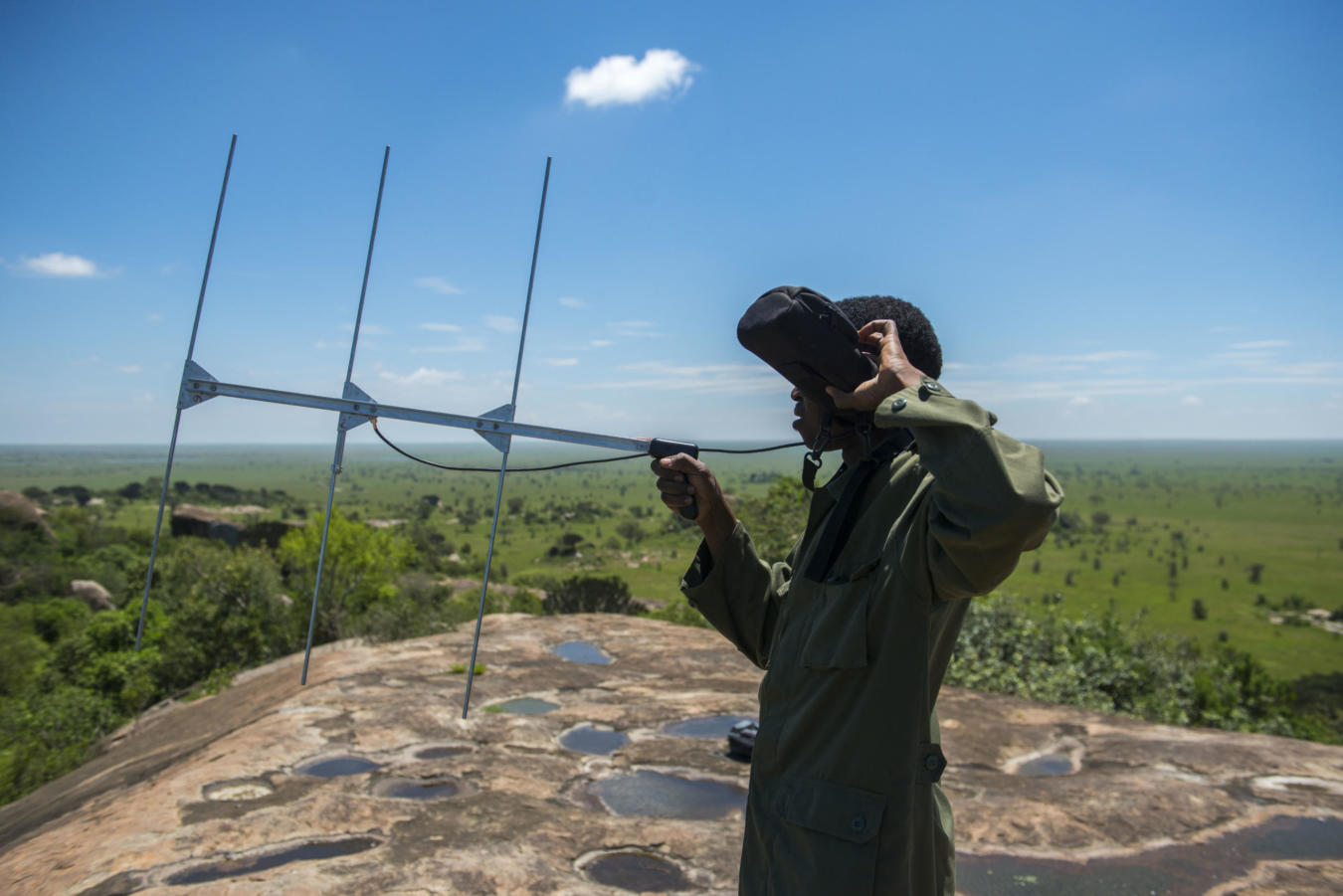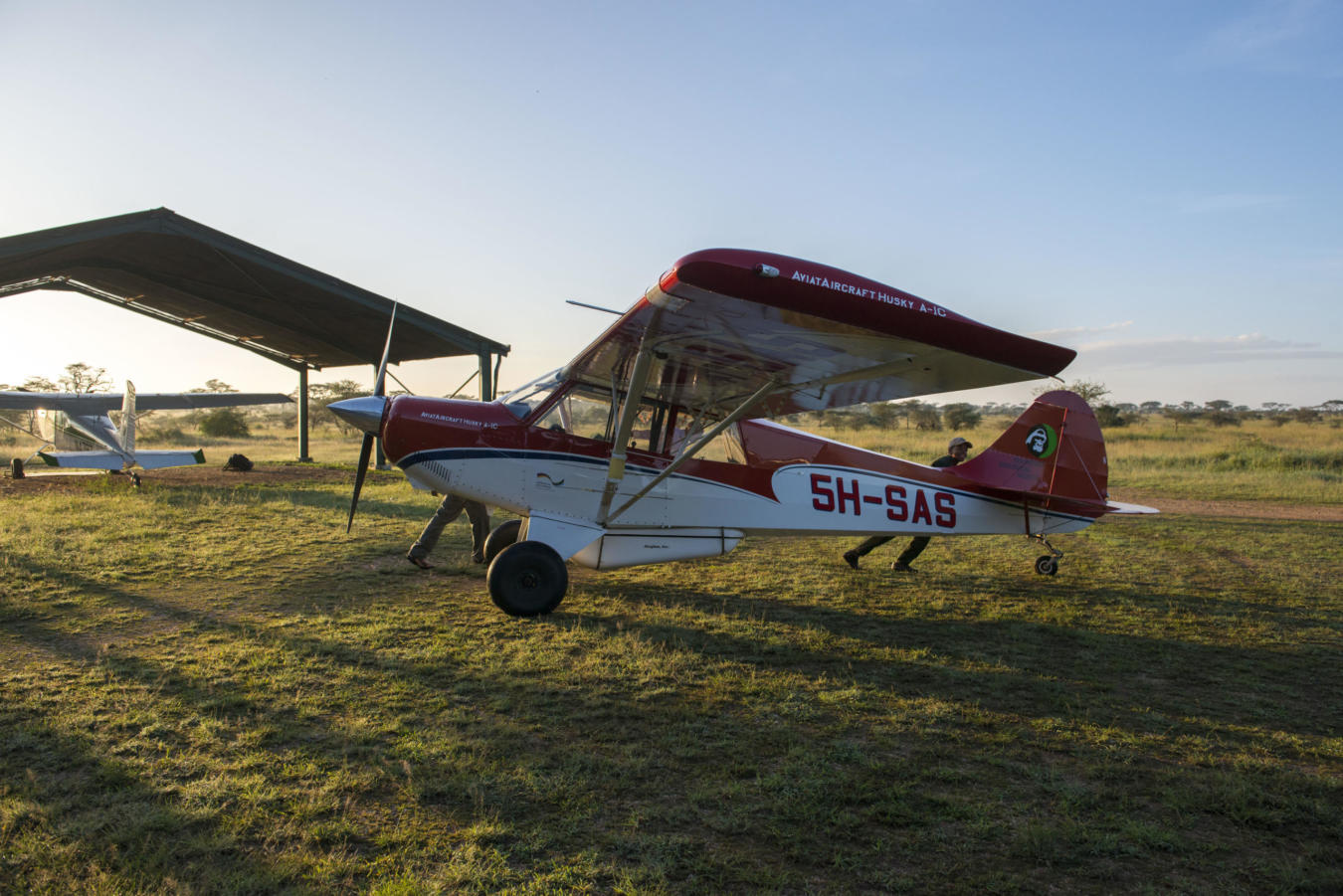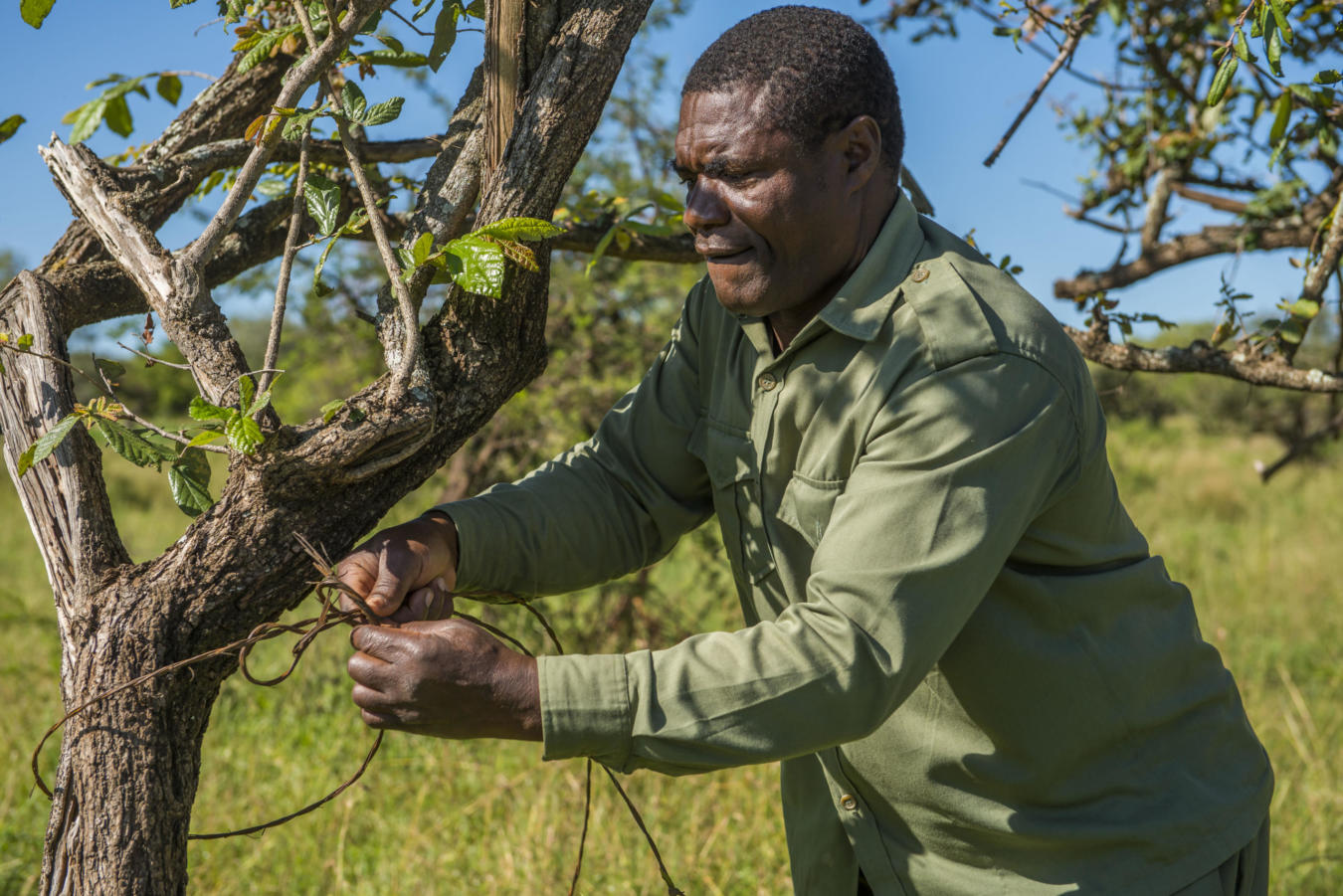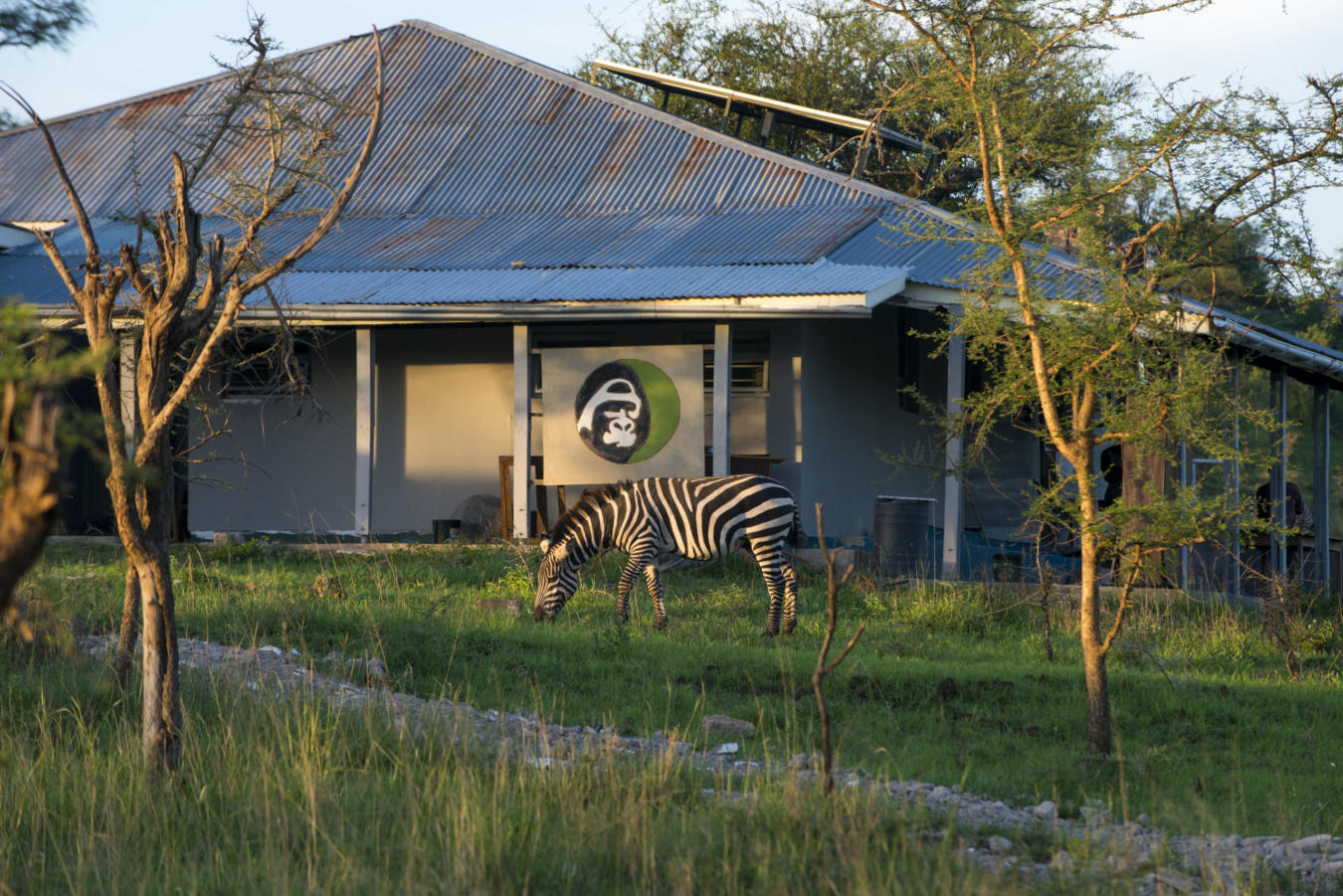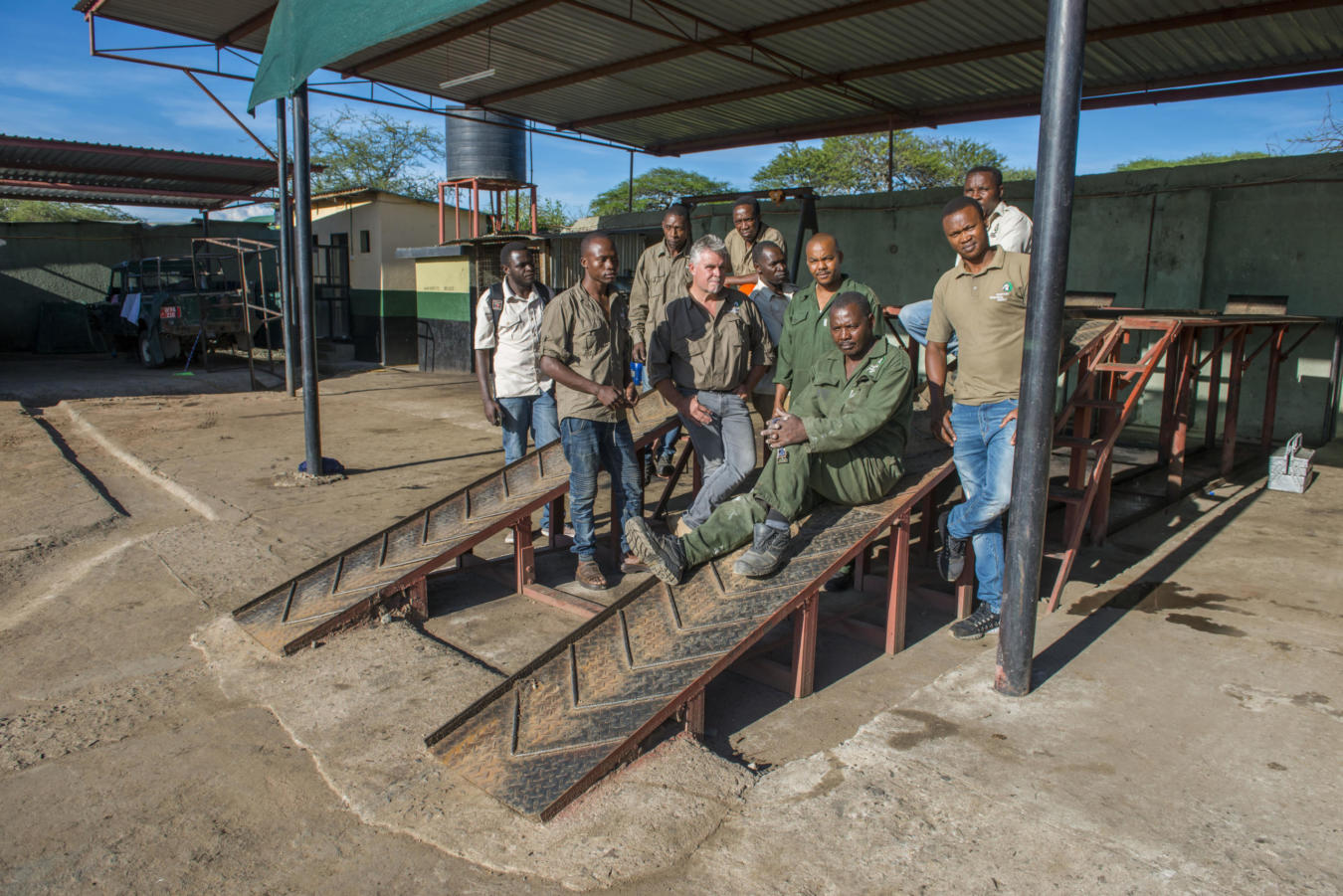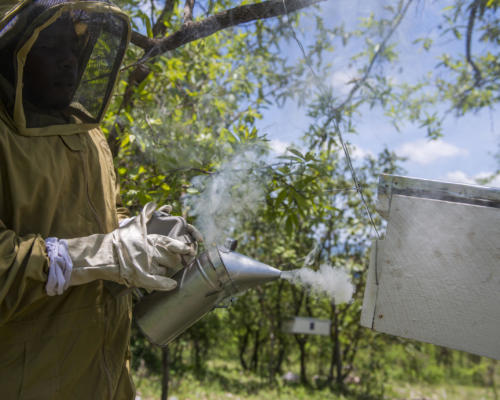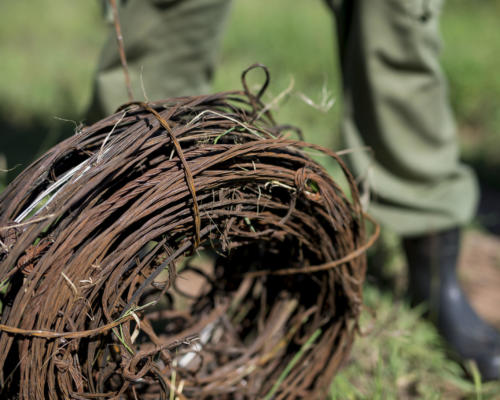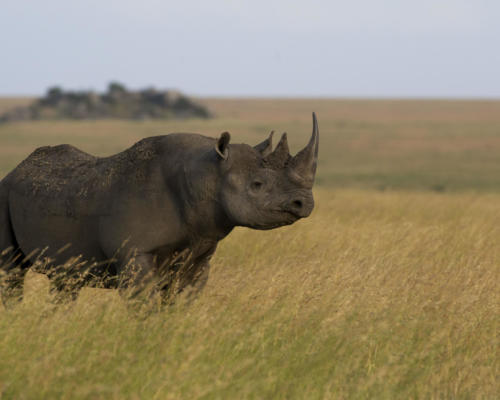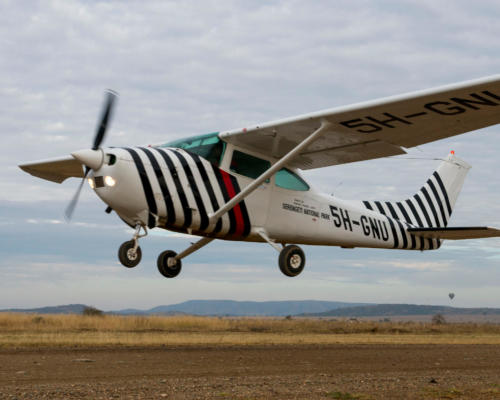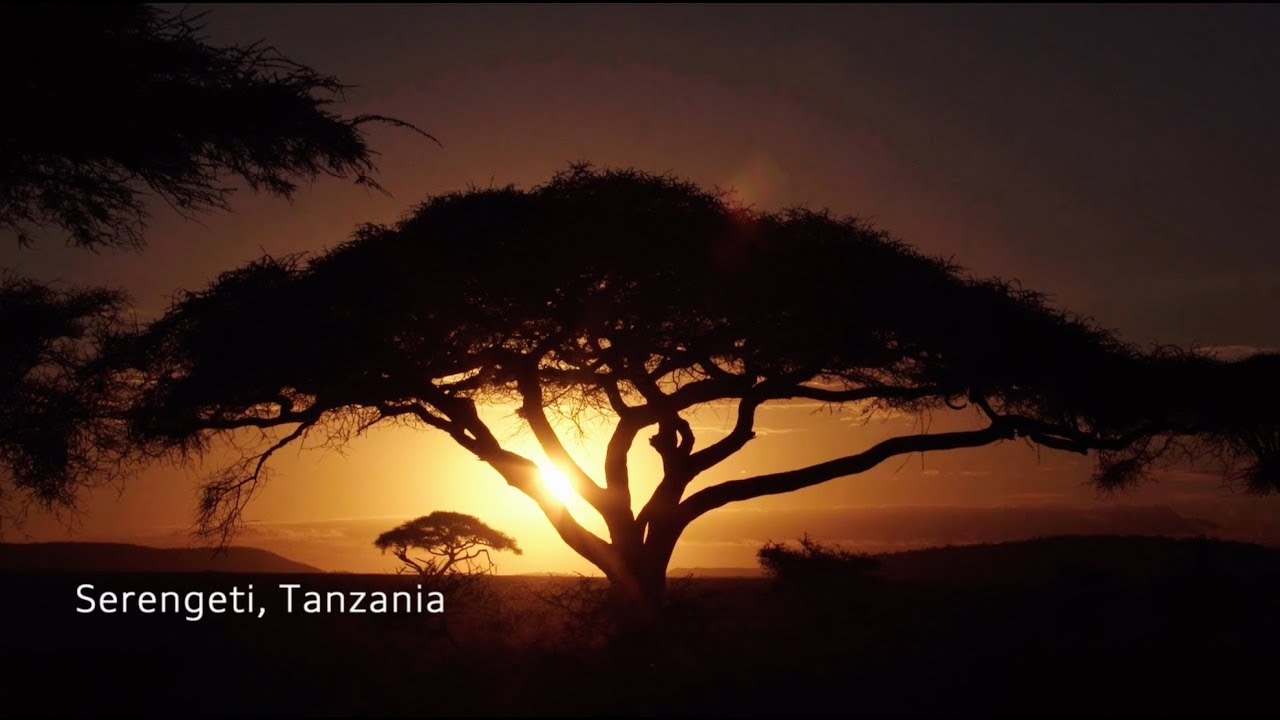The Serengeti ecosystem is a world-renowned natural landscape and is listed as a UNESCO World Heritage Site. The Great Migration involving wildebeest, zebra, and Thomson’s gazelles that takes place here is the largest ungulate migration on earth. With resilient populations of predators and iconic animals such as elephants, giraffes, and rhinos, the Serengeti is a majestic natural landscape.
“Serengeti shall not die” is the title of Bernhard and Michael Grzimek’s academy award-winning 1959 documentary and represents Frankfurt Zoological Society’s (FZS) goal and vision to this day; the Serengeti remains at the core of our conservation work in Africa.
- Project: Serengeti Ecosystem Conservation Project
- Serengeti National Park Area Size: 14,750 km²
- Support since: 1961
- Program Manager: Masegeri Rurai
- Serengeti National Park
- How we support the Serengeti
- Project Partners
- back to top
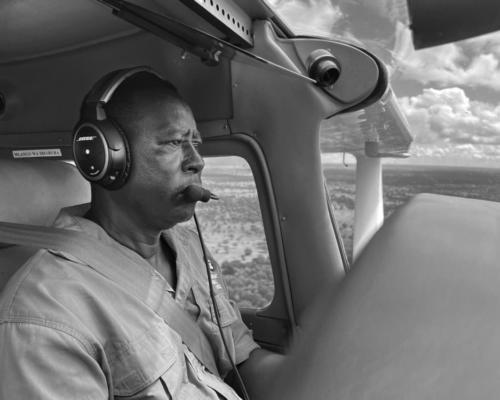 06/07/2023News
06/07/2023NewsIn Loving Memory of Captain Bernard Michael Shayo
06/07/2023NewsIn Loving Memory of Captain Bernard Michael Shayo
The world of conservation and aviation mourns the loss of a true champion today. Captain Bernard Michael Shayo, a passionate and dedicated conservation pilot, who tragically lost his life in a plane crash on May 18, 2023.
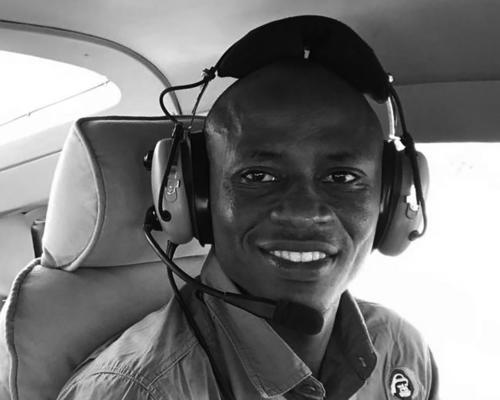 06/07/2023News
06/07/2023NewsIn Loving Memory of Aman Mgogollo
06/07/2023NewsIn Loving Memory of Aman Mgogollo
The conservation community mourns the tragic loss of Aman John Mgogollo, a brilliant and dedicated GIS specialist, who lost his life in a plane crash in Matambwe, Tanzania, on May 18, 2023. With profound sadness, we remember Aman’s exceptional contributions to conservation and his unwavering commitment to preserving our natural … Read more
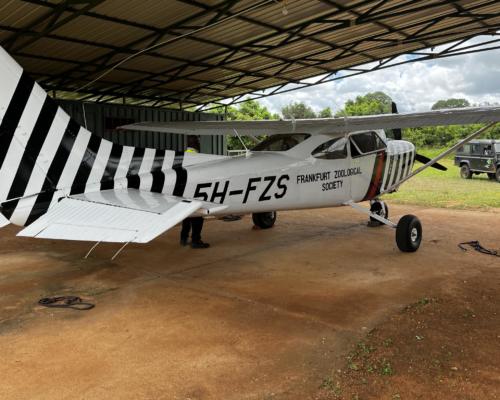 05/19/2023News
05/19/2023NewsTwo FZS staff and TANAPA ranger killed in tragic plane crash
05/19/2023NewsTwo FZS staff and TANAPA ranger killed in tragic plane crash
Two of our colleagues and one TANAPA ranger were killed in the crash of our Cessna 182 in Nyerere National Park, Tanzania, on Thursday 18 May.
Successful conservation is always the result of great teamwork. We collaborate with local communities, national authorities, and conservation organizations. Our partners make our conservation work possible.
-
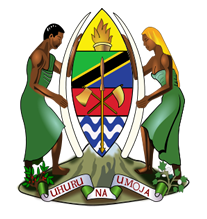 Wildlife Division of the Ministry of Natural Resources and Tourism of Tanzania
Wildlife Division of the Ministry of Natural Resources and Tourism of Tanzania -
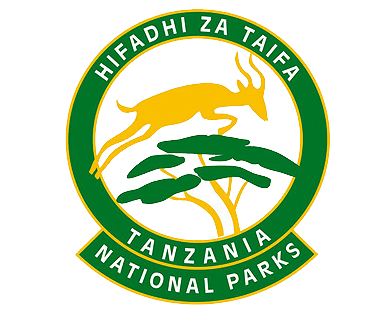 Tanzania National Parks (TANAPA)
Tanzania National Parks (TANAPA) -
 Ngorongoro Conservation Area Authority (NCAA)
Ngorongoro Conservation Area Authority (NCAA) -
 Tanzania Wildlife Authority (TAWA)
Tanzania Wildlife Authority (TAWA) -
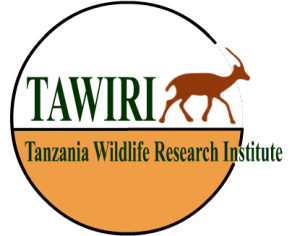 Tanzania Wildlife Research Institute (TAWIRI)
Tanzania Wildlife Research Institute (TAWIRI) -
 Pasiansi Wildlife Training Institute
Pasiansi Wildlife Training Institute -
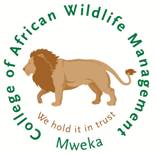 Mweka Wildlife College
Mweka Wildlife College -
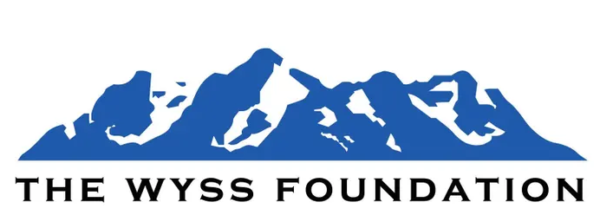 The Wyss Foundation
The Wyss Foundation -
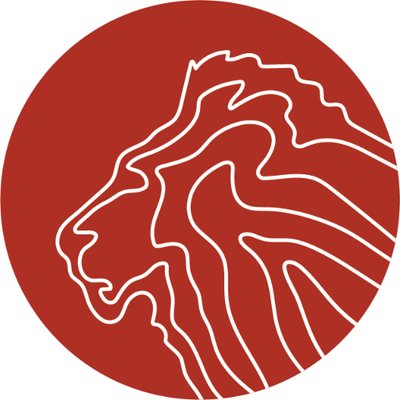 Lion Recovery Fund
Lion Recovery Fund -
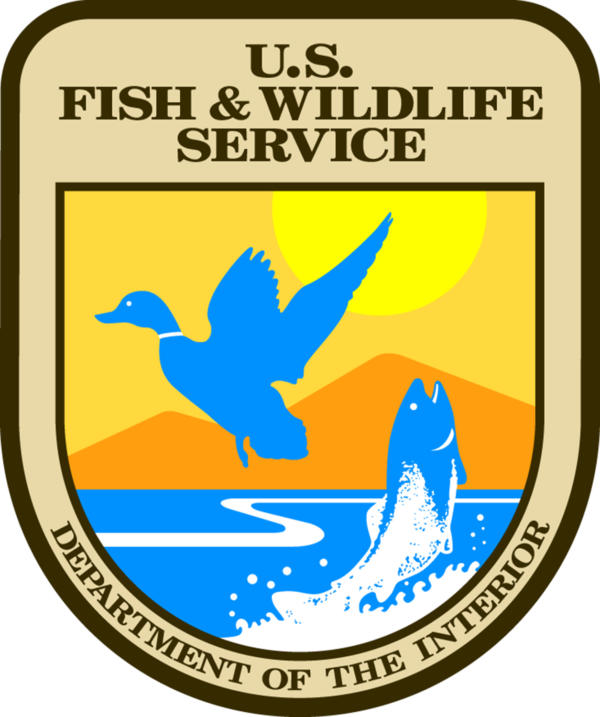 U.S. Fish & Wildlife Service
U.S. Fish & Wildlife Service -
 Rhino Recovery Fund
Rhino Recovery Fund -
 JRS Biodiversity Fund
JRS Biodiversity Fund -
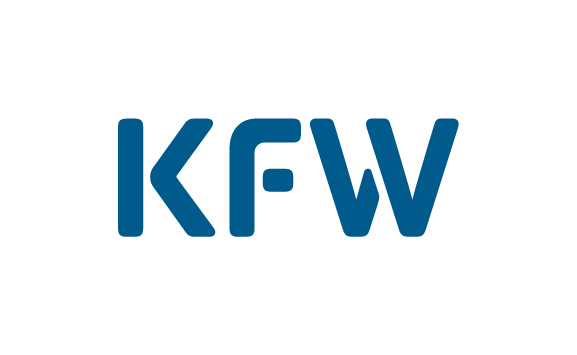 KfW Group
KfW Group -
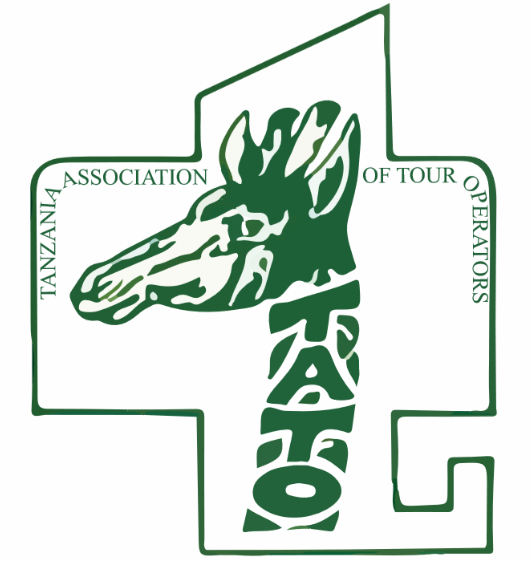 Tanzania Association of Tour Operators (TATO)
Tanzania Association of Tour Operators (TATO) -
 SENAPA Investors
SENAPA Investors -
 Eleonore Beck Foundation
Eleonore Beck Foundation -
 Friedkin Conservation Fund
Friedkin Conservation Fund -
 Asilia Giving
Asilia Giving -
 Stadler Family Foundation
Stadler Family Foundation -
 Manfred-Hermsen Stiftung
Manfred-Hermsen Stiftung -
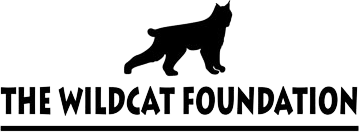 The Wildcat Foundation
The Wildcat Foundation -
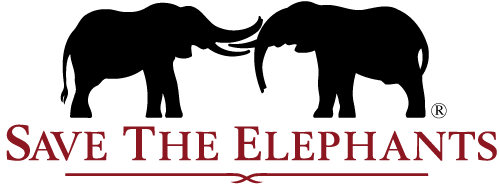 Save the Elephants
Save the Elephants -
 Elephant Crisis Fund
Elephant Crisis Fund -
 Stop Ivory
Stop Ivory -
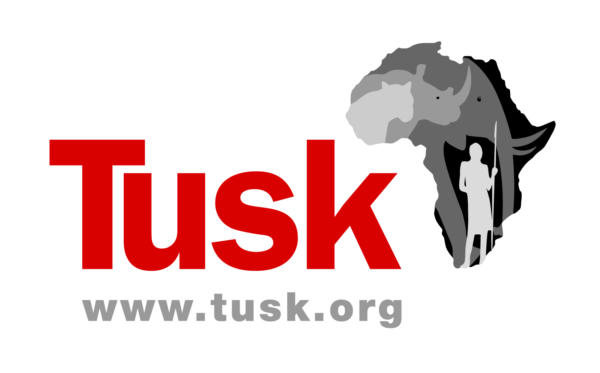 Tusk Trust
Tusk Trust -
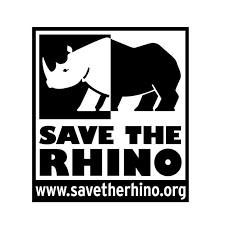 Save the Rhino
Save the Rhino -
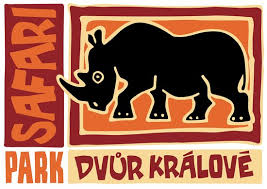 Dvůr Králové Safari Park
Dvůr Králové Safari Park -
 World Nomads
World Nomads -
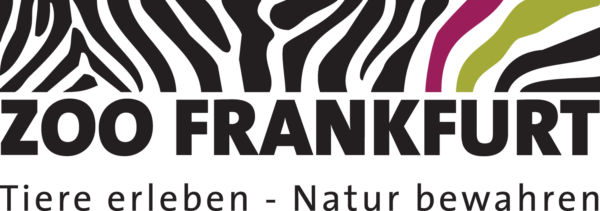 Zoo Frankfurt
Zoo Frankfurt






